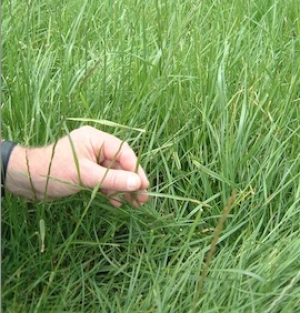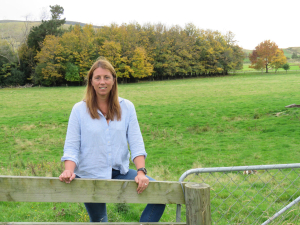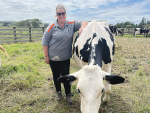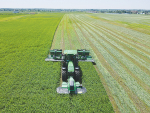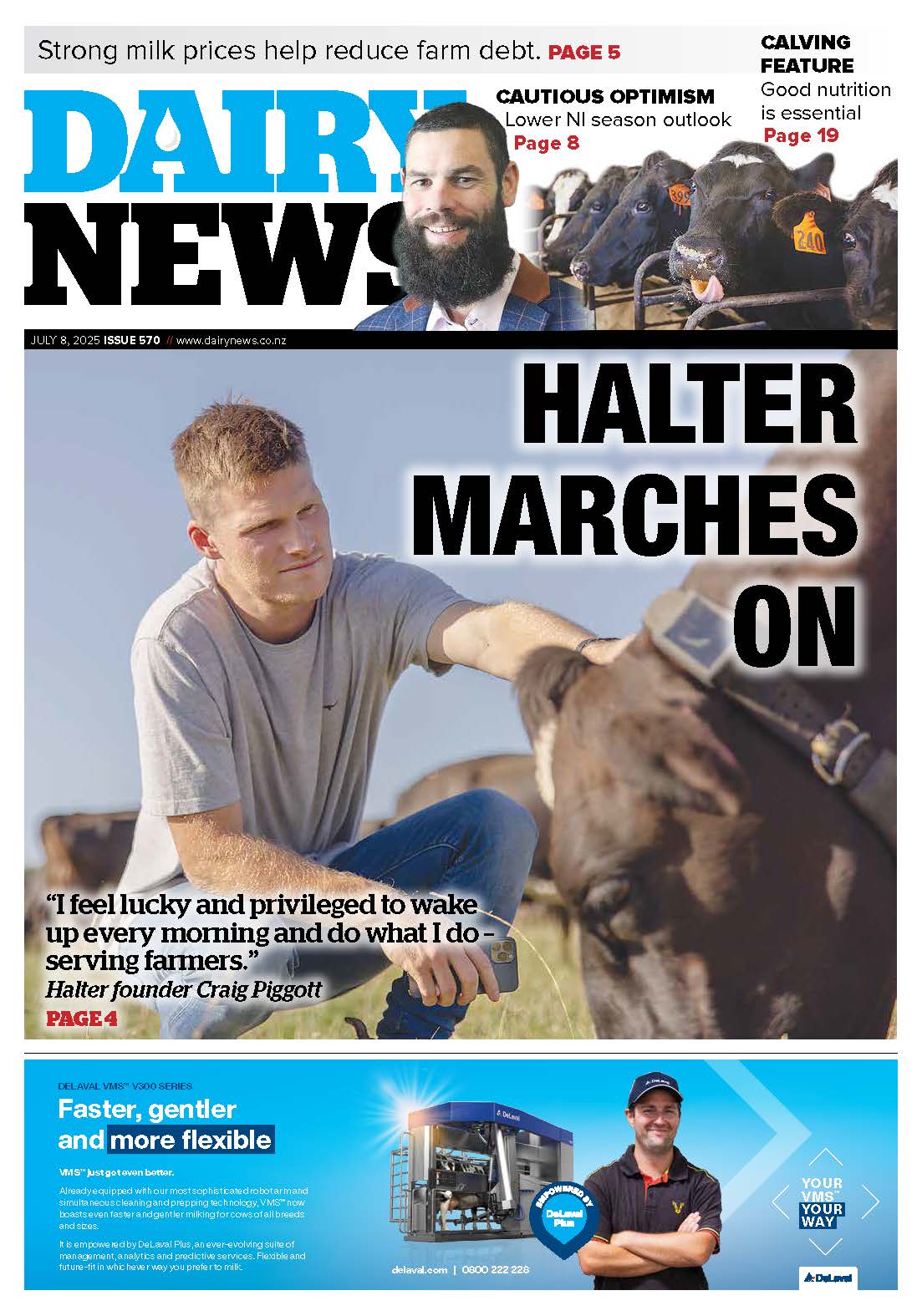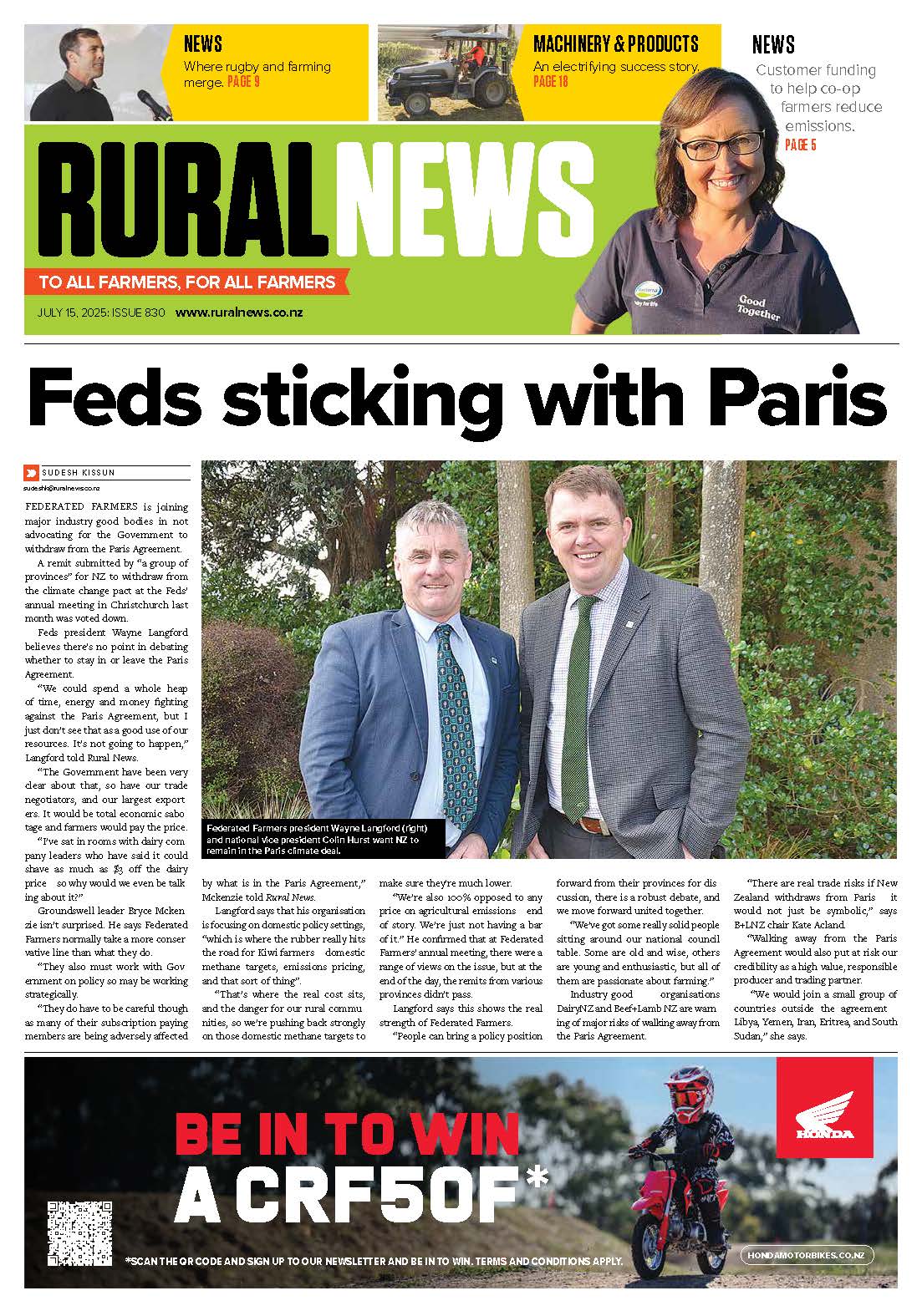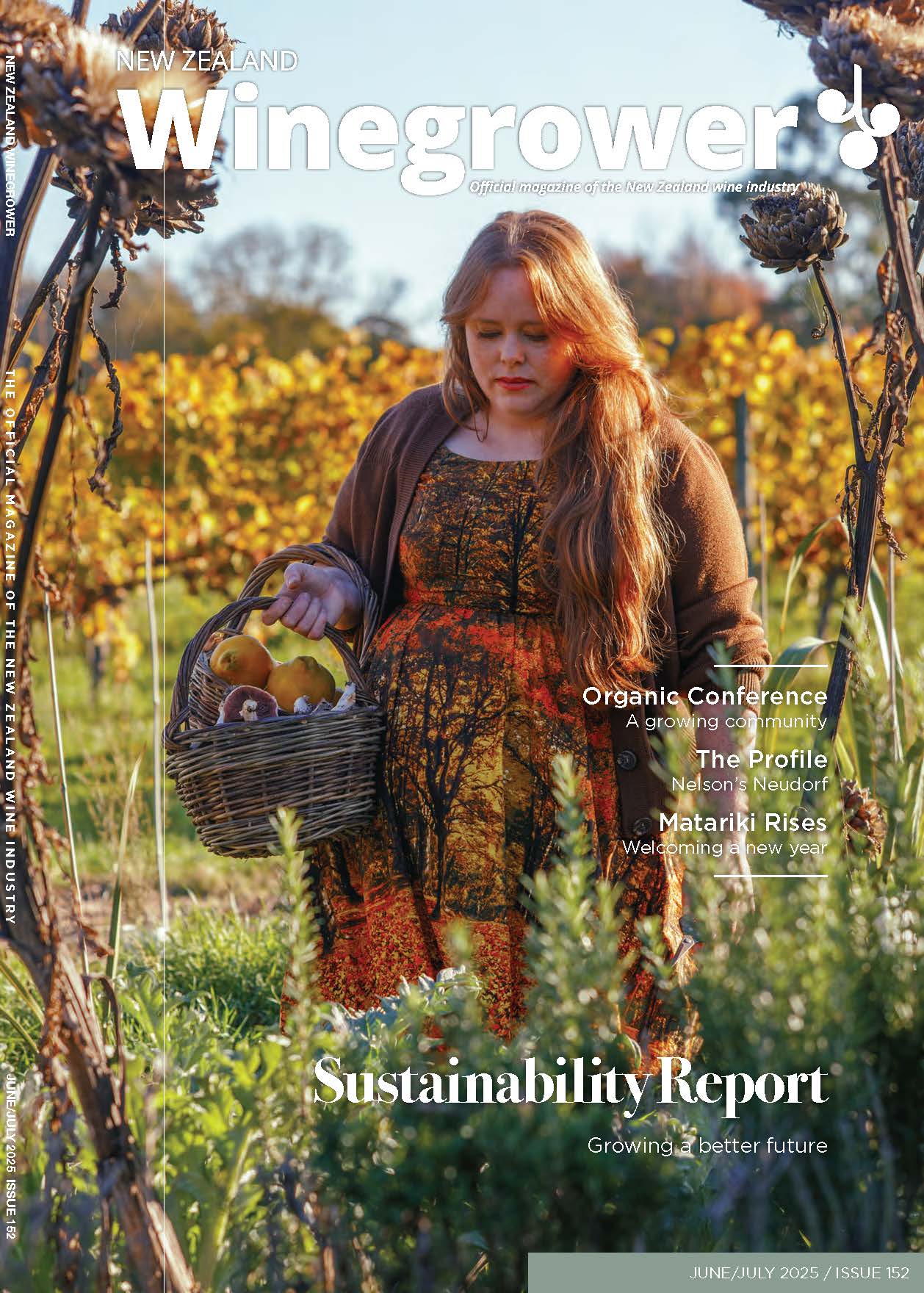More robust grass varieties introduce a risk to the environment. For instance, new varieties can invade adjacent areas and spread across the landscape or they can interbreed with existing invasive weeds.
So says Philip Hulme, co-author of a research paper published in the latest Proceedings of the National Academy of Sciences (PNAS). He is a professor of plant biosecurity at Lincoln University and lead researcher at the Bio-Protection Research Centre.
“Pasture species such as ryegrass and fescue may not strike people as major threats to the environment but they are regarded by the Department of Conservation as environmental weeds,” says Hulme.
The researchers stress the need for government and agribusiness to ensure pasture plants are of low risk to the environment.
“Pasture is big business in New Zealand and a large part of our economic success arises from agribusiness developing more productive or persistent varieties,” says Hulme. “As a result there is a clear conflict between economic and conservation outcomes.”
Agribusinesses do not have to assess the environmental risk of the new grass varieties they develop, but some consideration in this area might prevent the spread of environmental weeds.
“It is probably those varieties being developed for greater persistence, especially in the face of drought, that might pose the greatest risk,” says Hulme.
The researchers have made four biosecurity recommendations: governments should manage a list of prohibited varieties (not just species), develop a weed risk assessment, ensure rapid detection and control of invasive weeds, and develop an industry-pays system.





